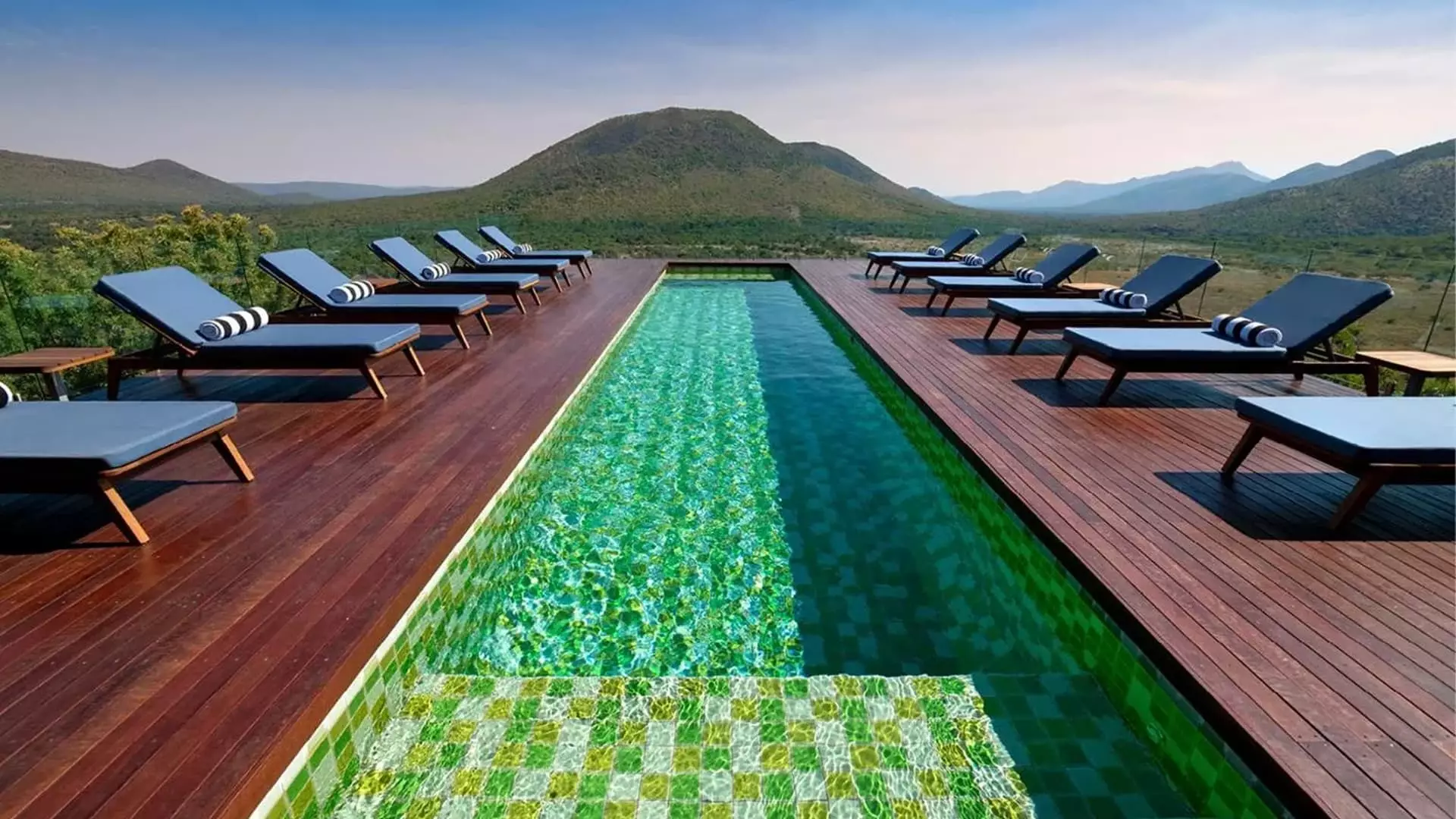The world of luxury travel is undergoing a significant transformation, especially within the realm of safaris in Africa. Traditionally, safari-goers sought the thrill of spotting iconic wildlife such as lions, leopards, elephants, buffalo, and rhinos. It was an experience steeped in adventure yet punctuated by the comforts of upscale accommodations and gourmet dining. However, as we move forward, the expectations and desires of travelers are evolving. Nowadays, the emphasis is no longer solely on witnessing the ‘Big Five’; instead, luxury travelers are searching for memorable and transformative experiences that resonate on a deeper emotional level.
Travelers are increasingly prioritizing personal attention and customized experiences tailored to their interests. Luxury safari expert Lori Cohen articulates this shift, stating, “They want their emotions spoken to.” This underscores a broader trend where consumers seek not just a lavish experience but one that enriches their understanding and appreciation of the land they are exploring. As such, the bar for luxury tourism is being raised, transforming it from passive observation into active participation.
According to Olivia Gradidge, a marketing manager, unique and exclusive experiences have become paramount within the luxury safari market. Modern travelers are driven by a hunger for novelty—activities that offer more than routine wildlife sightings. Imagine walking alongside a veterinarian studying gorilla behavior, or engaging with local communities to learn about their traditions and lifestyles. Such experiences redefine the safari narrative, allowing guests to partake directly in conservation efforts, explore behind-the-scenes workings, and engage with wildlife in meaningful ways.
As this change unfolds, there is a notable financial response within the luxury safari market. Predictions indicate substantial growth, forecasting revenues to rise from $1.7 billion in 2023 to nearly $2 billion by 2032. A trend report from Africa Travel Week emphasizes this burgeoning demand for “7+ star experiences,” merging luxury with purpose and environmental consciousness.
The notion of “conscious luxury” has emerged prominently, fostering a blend of sustainable tourism practices and in-depth, personalized itineraries. Kgomotso Ramothea, CEO of the African Travel & Tourism Association, suggests that travelers are increasingly gravitating toward walking and trekking safaris. Such options not only reduce environmental impact but also provide an immersive way to connect with nature. Rather than simply observing from a distance, guests can cultivate a deeper understanding of the ecosystems and wildlife they encounter.
Regions like Kenya and Tanzania remain top choices among safari enthusiasts, but the demand for multifaceted experiences is growing. Many travelers are opting for itineraries that cross multiple countries, allowing them to savor diverse wildlife and landscapes. However, these enriching experiences do come at a premium. The average price of a luxury safari booking has reached $9,600 per person in 2024, which is significantly higher than traditional safaris that can start as low as $100 per day.
Luxury safari offerings today are as varied as the landscapes that host them. High-end lodges and camps across Africa are catering to a clientele that expects not just comfort but exclusivity. Entrenched within this market are establishments that provide alluring amenities, such as personalized services, private game drives, and exquisite meals curated to appeal to discerning palates.
For instance, luxury lodges like Angama Mara, JW Marriott Masai Mara Lodge, and Richard Branson’s Mahali Mzuri have entered the fray, offering communal yet exclusive environments tailored for an upscale safari experience. In Tanzania, venues like Singita Sabora Tented Camp and Four Seasons Safari Lodge Serengeti offer immersive views of the Serengeti paired with top-notch amenities like private plunge pools. Each of these venues reflects a shift toward greater emphasis on personal engagement and bespoke experiences.
To achieve the pinnacle of luxury safari adventures, travelers can expect to invest substantially—anywhere from $1,500 to $10,000 per day. This investment, however, affords them remarkable experiences such as exclusive gorilla trekking excursions in Rwanda paired with fine dining under the stars, all in the privacy of secluded luxury lodges.
As the landscape of luxury safaris continues to evolve, key trends underscore a fundamental shift from traditional experiences centered around wildlife spotting to unique engagements that foster emotional connections with nature and local cultures. The modern luxury traveler is not only looking for comfort but also depth of experience—what we refer to as ‘conscious luxury.’ This evolution is setting a new standard within the luxury tourism industry in Africa, promising a future rich with opportunities for memorable and transformative adventures.


Leave a Reply